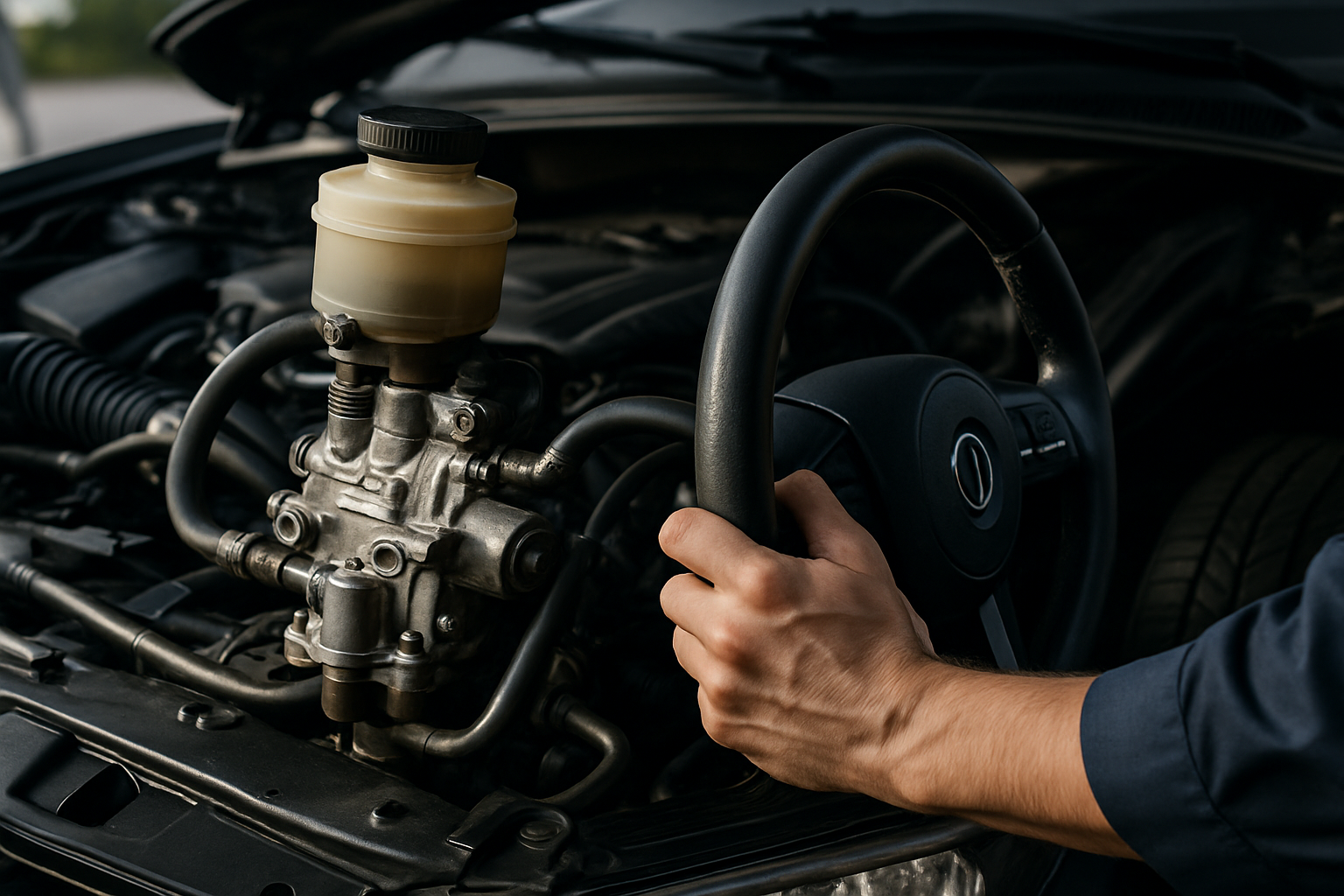How Police Impound Car Auctions Work and Their Legal Processes
When vehicles are impounded by law enforcement agencies due to various legal violations, unpaid tickets, or criminal activities, they often end up in police auctions after a specified holding period. These auctions provide an opportunity for the public to purchase vehicles at potentially lower prices than traditional car markets. Understanding the processes, legal framework, and what to expect at police impound car auctions can help prospective buyers make informed decisions when considering this alternative car-buying route.

Understanding Police Seizure Car Auctions
Police seizure car auctions feature vehicles that have been confiscated by law enforcement agencies for various reasons. The most common reasons include being used in criminal activities, seized during drug raids, or obtained through civil asset forfeiture. These auctions operate under specific legal guidelines that vary by jurisdiction but typically follow a standardized process to ensure transparency. The seized vehicles must go through a legal process before they can be auctioned, including verification that they aren’t stolen and confirmation that the original owner has no legal recourse to reclaim the vehicle. Most police departments partner with auction houses or use online platforms to facilitate these sales, making the process more accessible to potential buyers across different locations.
How Impound Car Sales Nearby Are Organized
Local impound car auctions typically follow organized procedures designed to maximize efficiency and transparency. Municipalities often schedule these events at regular intervals, such as monthly or quarterly, depending on inventory volume. To find impound car sales in your area, check local government websites, police department announcements, or specialized auction listing platforms. Many jurisdictions now provide online pre-registration options where potential bidders can browse vehicle inventories, inspection reports, and auction dates. These listings typically include vital information such as the vehicle’s make, model, year, mileage, condition, and sometimes known mechanical issues. Some localities require prospective bidders to register in advance and obtain a bidder number, while others allow day-of registration with proper identification and payment methods.
The Legal Framework Behind Police Car Auctions
The legal foundation for police car auctions stems from various state and federal laws governing property seizure, abandonment, and public disposal of government assets. Vehicles typically enter the auction pipeline through three main legal channels: civil forfeiture (where property connected to criminal activity can be seized without charging the owner), criminal forfeiture (following conviction), or abandonment (when vehicles remain unclaimed in impound lots beyond statutory waiting periods). Before auctioning, agencies must follow due process requirements, including providing proper notice to registered owners and lienholders, allowing a redemption period, and obtaining court orders when necessary. Title transfer processes are carefully documented to ensure buyers receive clear ownership rights, though most vehicles are sold “as is” with limited legal recourse after purchase.
What to Expect at Police Auctions
Police auctions vary in format but typically follow either a live auction model with an auctioneer or an online bidding system. For live auctions, preview periods usually occur 1-3 days before the event, allowing potential buyers to inspect vehicles without starting or test-driving them. During the auction, bidding moves quickly, with successful bidders typically required to pay immediately through cash, certified check, or approved payment methods. Online auctions offer extended bidding windows, usually lasting several days, with detailed photos and sometimes condition reports. Registration requirements commonly include government-issued identification, proof of address, and sometimes a refundable deposit. Buyers should note that most police auction vehicles are sold without warranties and minimal documentation about previous maintenance or accident history.
Financial Aspects of Purchasing Impound Vehicles
The financial appeal of police auction vehicles primarily stems from their typically lower prices compared to retail markets. However, potential savings come with considerations regarding vehicle condition, history, and potential repair costs. Most auctions require immediate payment in full upon winning a bid, with accepted payment methods varying by jurisdiction but generally including cash, certified checks, money orders, and sometimes credit cards with additional processing fees. While the purchase price might be attractive, buyers should budget for post-auction expenses including title transfer fees, registration costs, towing or transportation if the vehicle isn’t operational, and potential repairs.
Comparing Popular Police Auction Platforms and Services
Several platforms and services facilitate access to police impound auctions across different regions, each with distinct features and requirements.
| Auction Platform | Coverage Area | Key Features | Average Fees |
|---|---|---|---|
| GovDeals | Nationwide | Online bidding, wide selection, government-focused | 7.5-12.5% buyer’s premium |
| PropertyRoom.com | Nationwide | Pre-vetted inventory, secure transactions, shipping options | Variable buyer’s premium (5-15%) |
| Public Surplus | Nationwide | User-friendly interface, email alerts, comprehensive listings | Typically 10% buyer’s premium |
| GSA Auctions | Federal auctions nationwide | Government fleet vehicles, detailed histories | No buyer’s premium, registration required |
| Local Sheriff/Police Dept. Auctions | County/City-specific | In-person inspection, direct from source, local pickup | Minimal to no fees, cash often required |
Prices, rates, or cost estimates mentioned in this article are based on the latest available information but may change over time. Independent research is advised before making financial decisions.
Risks and Benefits of Purchasing Impound Vehicles
Buying vehicles from police auctions presents a distinctive risk-reward proposition. The primary benefits include potential cost savings (often 30-50% below market value), access to uncommon or luxury vehicles at reduced prices, and a straightforward purchasing process without dealer negotiations. However, these advantages come with inherent risks: limited or no vehicle history information, typically no warranty protection, minimal or no inspection opportunities beyond visual examination, and the potential for hidden mechanical issues or damage. Successful buyers often bring mechanical expertise or a trusted mechanic to pre-auction inspections, research vehicle values beforehand to establish bidding limits, and budget for potential repairs. Understanding that these purchases represent higher risk than traditional dealership transactions helps set realistic expectations about the condition and reliability of auction vehicles.
Police impound auctions operate under established legal frameworks designed to balance government interests with fair disposal processes. While these auctions can offer value opportunities for informed buyers, they require preparation, research, and an understanding of the associated risks. By familiarizing yourself with local auction procedures, inspection opportunities, and payment requirements, you can make more confident decisions when considering impound vehicles as an alternative to traditional car-buying methods.




